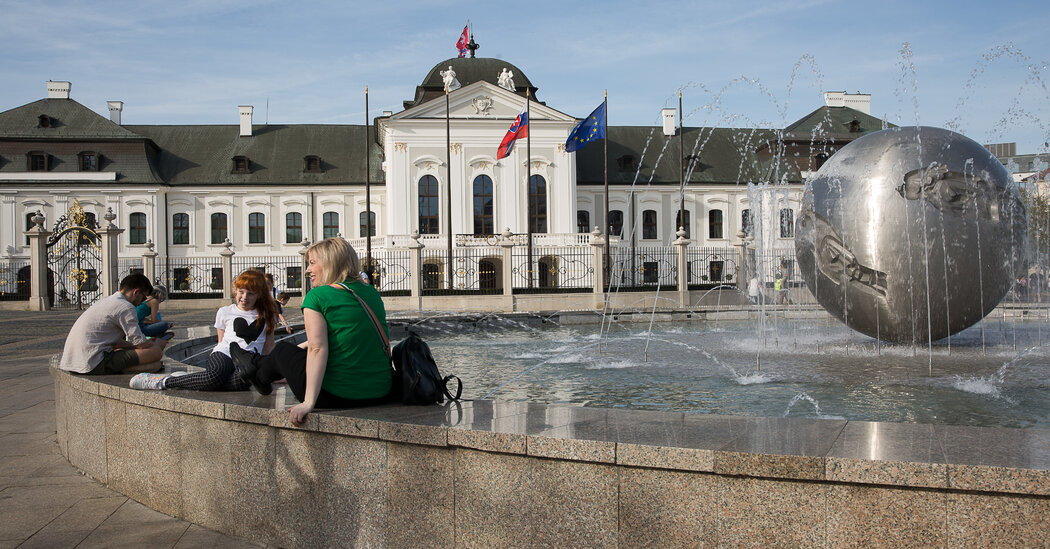
Calls are growing in Slovakia for political parties to suspend campaigning for the European Union elections, just three weeks away, in the wake of the attack on the prime minister in the highly polarized country.
Slovakia's president-elect, Peter Pellegrini, and others say the step is necessary to avoid further incendiary political speech, which has further escalated since the shooting that left Prime Minister Robert Fico seriously injured. At least one party, the opposition Progress Slovakia party, said it would suspend its campaign immediately, to help “end the spiral of attacks and blame.”
Local media reported that another party, the Christian Democratic Movement, had also suspended its election campaign.
It is unclear how long such suspensions would last or what it would mean for Slovakia's participation in European elections, which are held every five years. Voters across the European Union will elect 720 representatives to the European Parliament, with votes scheduled in all 27 members of the bloc from June 6-9. Slovakian voters will vote on June 8.
Candidates in the European elections mainly come from established national parties, so voters tend to be familiar with their programmes. A temporary suspension of the election campaign would therefore not necessarily affect the ability of Slovak voters to decide who to support, provided that the election campaign resumes and the elections take place as planned.
Officials at the European Parliament and European Commission did not respond to requests for comment on calls to suspend the election campaign and whether this could impact the bloc's vote.
National electoral authorities are responsible for managing the votes and the results are managed at the local level. The number of members of the European Parliament that each country can elect depends on the size of the country's population. The largest, Germany, has the most legislators: 96 in total. Slovakia, significantly smaller, will elect 15 members of the European Parliament.
